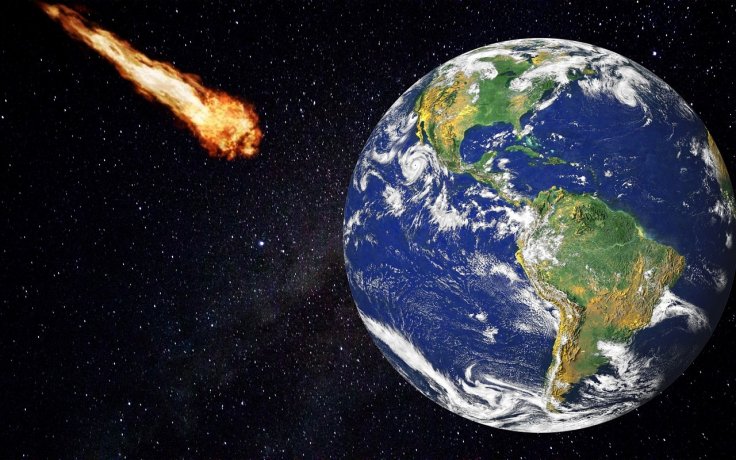Both NASA and the European Space Agency (ESA) are closely monitoring a small asteroid that could hit Earth next year. Due to the asteroid's chances of hitting the planet, it has been added to the two agencies' watch lists for dangerous space rocks.
The asteroid has been identified by NASA and the ESA as 2018 VP1. It has an estimated diameter of approximately 2.3 meters and is flying across space at an average speed of over 51,000 kilometers per hour.

ESA's Risk List
2018 VP1 has been included in ESA's Risk List, which identifies all asteroids that are in danger of colliding with Earth in the future. Currently, this asteroid holds the number 2 spot on the list, which means it is the second most dangerous asteroid detected by ESA's monitoring system.
According to the ESA, 2018 VP1 has a chance of colliding with Earth next year. The agency estimated that the odds of the space rock hitting the planet are 1 out of 250.
NASA's Sentry
In addition to the ESA, NASA is also monitoring the asteroid through Sentry, which is the agency's automated system that tracks space rocks with non-zero Earth impact probabilities.
As explained by NASA, 2018 VP1 is a member of the Apollo family of asteroids. This means it follows a very wide orbit inside the Solar System. Like other Apollo asteroids, 2018 VP1's orbit occasionally intersects Earth's path as it goes around the Sun.

Potential Impact Date
Both NASA and the ESA predicted that 2018 VP1's potential Earth impact could take place on Nov. 2, 2020. During this time, the asteroid is expected to approach the planet from a distance of 0.00280 astronomical units or roughly 419,000 kilometers away.
Although this seems like a safe distance, NASA and the ESA are aware that certain factors in space, such as a nearby planet's gravitational pull, could cause the asteroid to collide with Earth. But, since the asteroid is not that big, it will not cause an impact event on Earth. It will most likely burn up and disintegrate in Earth's atmosphere.








